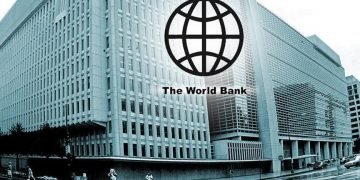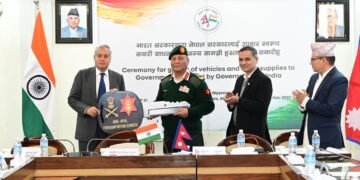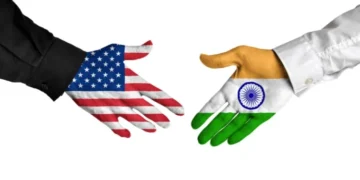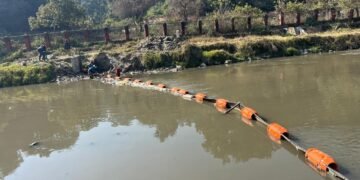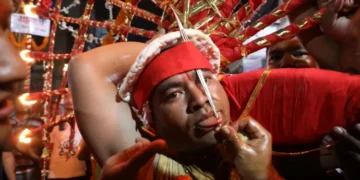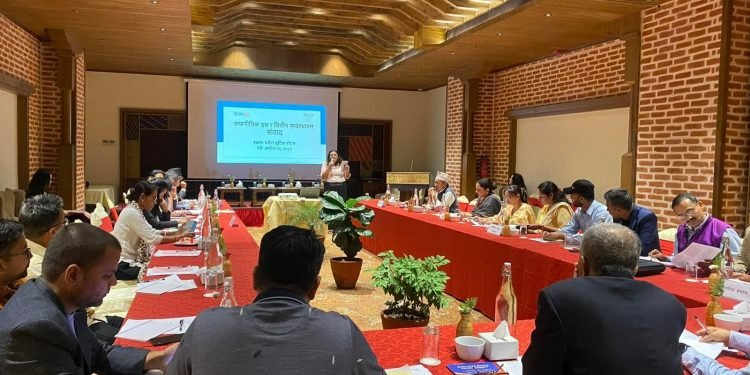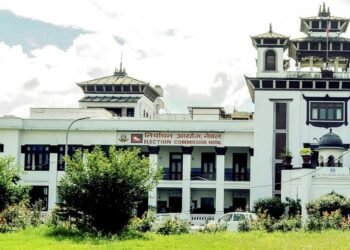Kathmandu, Oct 13: Elections in Nepal are reported to be much costlier. This has consequences on the overall weakening economy of Nepal, said stakeholders at an interaction with the theme of a ‘Multi-stakeholder Discussion on Political Party Finance’ organised here by the USAID/Nepal. Costly elections generally lead to inflation, trade deficit and corruption, they observed.
The discussion that aimed to enhance transparency across political party structures, foster a more open and accountable democratic process touched on campaign finance, election finance, party finance and party governance. The participants including representatives from political parties, civil societies and members of parliament discussed the ways of managing political parties financially.
Similarly, in the discussion, party finance policy beliefs were shared and a panel discussion took place with the participation of senior leaders from major political parties.
Past election expenses at a glance
Elections are reported to be much expensive. According to the Election Commission (EC), out of the total Rs 11.28 billion allocated for the 2017 local elections by the government, Rs 7.03 billion was spent for concluding the polls. Similarly, out of a total of Rs 9.7 billion was set aside for the federal and provincial polls, Rs 6.41 billion was spent.
For the 2022 local elections, Rs 8.11 billion was allocated, of which Rs 5.43 was spent excluding security expenses. Similarly, for the 2022 federal and provincial polls, Rs 12.22 billion was allocated for the EC, and Rs 7.99 billion for the Nepal Police.
According to the EC, a mayoral candidate of a metropolis can spend not exceeding Rs 750,000 and a mayoral candidate of a sub metropolis Rs 550,000. For municipalities, the ceiling is set at Rs 450,000 for a chairperson candidate, and for rural municipalities, the figure is set at Rs 350,000.
When it comes to the federal and provincial elections, the candidate cannot spend more than Rs 2.5 million for federal, and Rs 1.5 million for provincial.
However, according to a study carried out by the Asia Foundation, winners had spent up to 139 percent more than the set limit in the breach of the election code of conduct.
Political leaders are often under fire for reportedly overspending during elections. A prominent leader of the Nepali Congress, Shashanka Koirala at an event in 2022 said he spent Rs 60 million in the 2017 elections, much more than the set limits. According to him, he had spent just Rs 80,000 in the first Constituent Assembly polls whereas the election spending shot up to Rs 30 million in the second CA elections in 2013. The spending further increased to Rs 60 million in the 2017 polls. This has indicated how election expenses are rising up by the passing years.
Election experts say that overspending during elections can affect country’s economy leading to inflation, trade deficit and corruption.
Inflation
The year-on-year consumer price inflation stood at 7.52 percent in mid-August 2023 as compared to 8.26 percent during the same review month last year. Food and beverage inflation reached 8.95 percent whereas non-food and service inflation stood at 6.42 percent. Under the food and beverage category, the y-o-y price index of spices sub category increased 45.56 percent, cereal grains and their products 13.20 percent, milk products and eggs 12.19 percent, restaurant and hotel 11.05 percent and vegetable 10.80 percent. The demand for beverages like alcohol and cold drinks and other food items generally goes up during elections, thus increasing inflation for these products.
Trade deficit
The current account remained at a surplus of Rs.12.99 billion in the review period against a deficit of Rs.15.13 billion in the same period of the previous year. Balance of Payments (BOP) remained at a surplus of Rs.32.90 billion in the review period against a deficit of Rs.19.76 billion in the same period of the previous year.
Gross foreign exchange reserves increased 2.2 percent to Rs.1573.12 billion in mid-August 2023 from Rs.1539.36 billion in mid-July 2023. Although spending during elections is said to be boosting economic activities in the short term, for a country like Nepal heavily dependent on imports, it increases the demand for imported products, thus increasing balance of payments and inflation.
Corruption
Political leaders are often blamed for spending money beyond the limits set by the Election Commission apart from being accused of not submitting details of their election expenses on time. Political parties are often accused of spending on illegal activities like buying votes to secure a win. Their details of election expenses are reported not to be accurate. These things lead to corruption and raises the question about the transparency of election spending.


